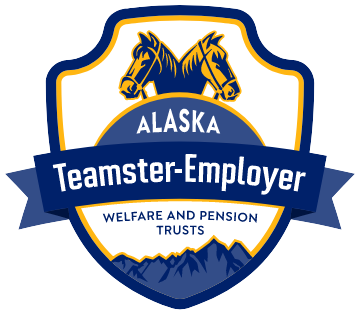If you or someone you know is in crisis, call or text 988 to connect with the Suicide and Crisis Lifeline.
October is National Depression and Mental Health Screening Month — a reminder that your mental health deserves just as much attention as your physical health. Depression is one of the most common mental health conditions, yet it often goes unrecognized. Identifying it early and getting support can improve someone’s quality of life long-term.
What Depression Really Is
Depression is not just “feeling down”. It’s a medical condition that affects mood, energy, sleep, appetite, and even physical health. While everyone feels sad sometimes, depression lingers for weeks or months and makes it harder to manage daily responsibilities and relationships. It can also complicate other health conditions like diabetes or heart disease.
Different Types of Depression
Depression doesn’t look the same for everyone. The two most common forms are:
- Major depression: Intense symptoms lasting two weeks or more that disrupt daily life.
- Persistent depressive disorder: Milder symptoms that last for years.
Other types can be linked to specific life stages, such as postpartum depression, or seasonal changes, such as seasonal affective disorder (SAD).
Spotting the Warning Signs
Recognizing the symptoms is the first step towards getting help. Common signs include:
- Feeling sad, hopeless, or empty most of the time
- Irritability or frustration over small things
- Losing interest in hobbies or social activities
- Sleeping too much or too little
- Fatigue or lack of motivation
- Difficulty focusing or making decisions
- Unexplained aches and pains
- Thoughts of death or suicide*
These signs can look different across age groups: children may seem cranky or anxious, teens may withdraw, and older adults may complain more of physical issues than mood changes.
Why Screening Matters
Because depression often develops gradually, people may not realize how much it’s affecting them until symptoms become severe. Screening — usually a short questionnaire during a routine health visit — can flag concerns early and lead to effective treatments, from counseling to medication to lifestyle changes.
*If you are someone you know is having thoughts of death or suicide, call or text 988 to be connected to the Alaska Department of Health 24/7 suicide prevention phone service with confidential crisis counseling.
Download a screening sheet for yourself, a friend or family member
Source: nimh.nih.gov

